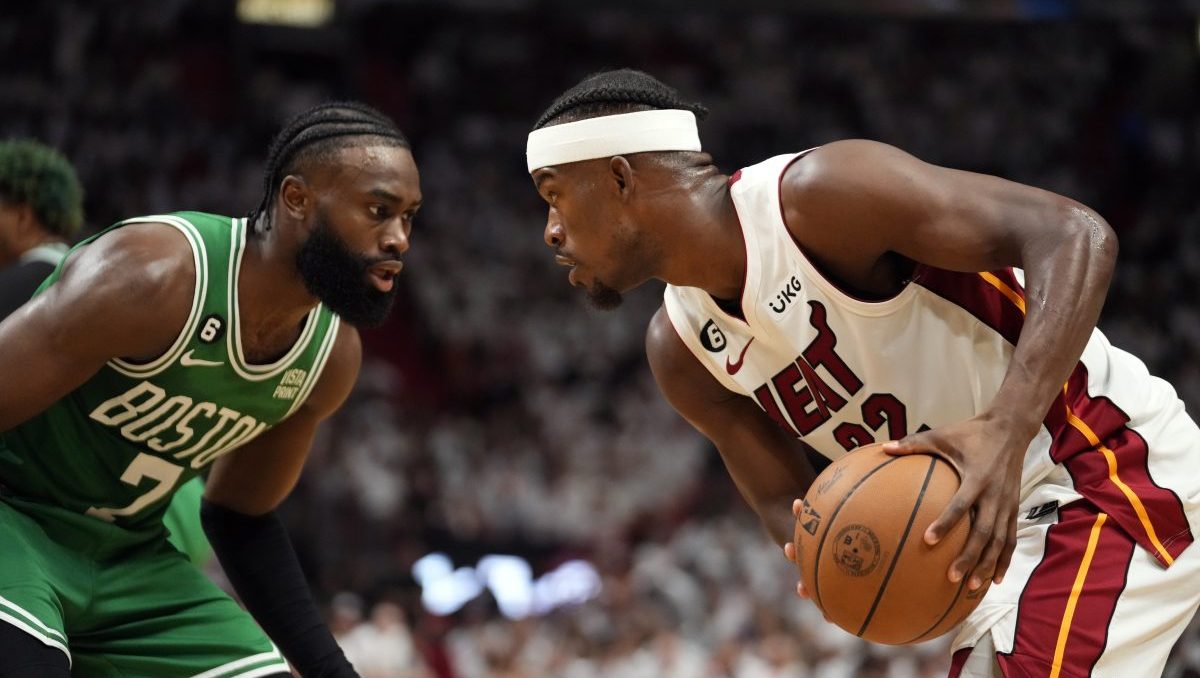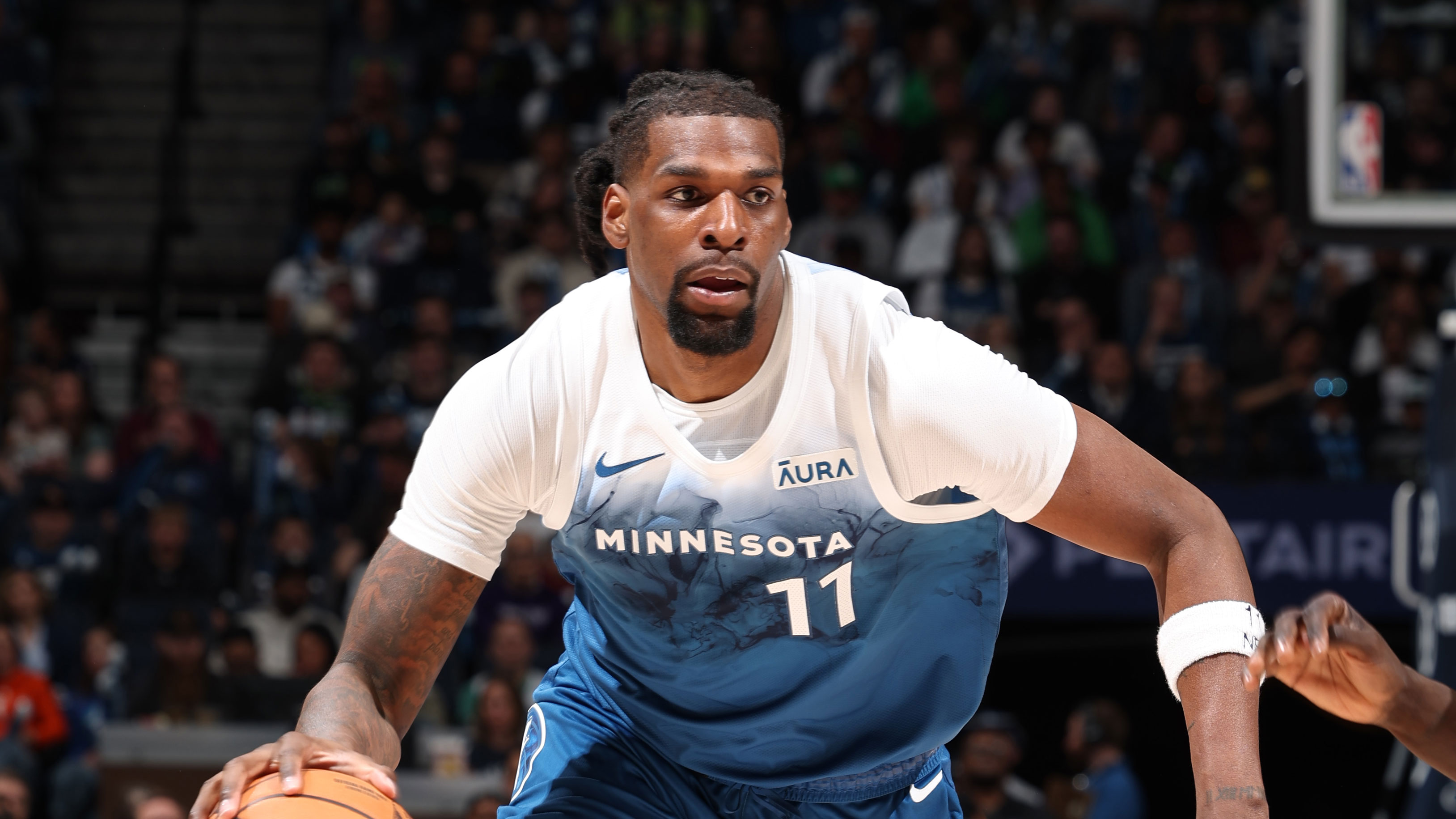Monday night was not a pleasant, familiar stroll back into action for James Harden in Houston.
Returning from a right foot tendon strain that sidelined him for 14 games, Harden wound up seeing 38 minutes because the Sixers played an odd, foul-filled game against the Rockets. They lost it in double overtime, 132-123, and concluded their three-game road trip without a win.
Harden missed an open, potential game-winning three-point try at the end of the first overtime. He had 21 points (4 for 19 from the floor), seven assists and seven turnovers.
Stay in the game with the latest updates on your beloved Philadelphia sports teams! Sign up here for our All Access Daily newsletter.
Joel Embiid scored 39 points on 12-for-21 shooting. Tobias Harris posted an efficient 27 points, converting 7 of his 8 three-pointers.
Young guards Jalen Green (27 points) and Kevin Porter Jr. (24) led the Rockets in scoring. Houston moved to 7-17 on the season.
The Sixers’ Tyrese Maxey (left foot fracture) and Georges Niang (right foot soreness) were out, in addition to Houston's Jae'Sean Tate (right ankle soreness).
Next up for the 12-12 Sixers is a seven-game homestand that starts Friday night against the Lakers. Here are observations on a low-quality Sixers showing Monday:
NBA
Not the norm from Harden
There were several early reminders of the many ways Harden tends to make his teams better offensively, including a nice pass ahead to De’Anthony Melton for a three. Embiid post-ups still featured, and his running hook over Alperen Sengun gave the Sixers a 10-0 lead.
Harden’s first points halted a 6-0 Rockets run; with Sengun guarding tightly on the wing and the shot clock expiring, his rip-through move drew the desired contact. That’s not a classically thrilling form of run-stopping, but it’s still an important tool of Harden’s. Unsurprisingly, Harden wasn’t near his sharpest after being out for over a month. He missed a layup, mid-range jumper and three-pointer late in the second quarter, and Houston finished the first half with a 9-0 run to go up 56-55.
Harden was far from the only player to elicit whistles. The officials called two quick fouls on Harris, Melton and P.J. Tucker. Embiid picked up his third with 5:27 left in the second quarter. Paul Reed had two fouls at that point, so Sixers head coach Doc Rivers inserted Montrezl Harrell.
Both Reed and Harrell know that setting screens for Harden is usually a solid option. Reed’s active screening was helpful when Harden began to dial up the aggression. With four bench players alongside Harden, a well-timed Reed drag screen enabled the 33-year-old to plow into the paint and draw another foul.
Harden’s best play of the night was an incredible righty bounce pass assist he flung to Shake Milton in the second quarter. Those sorts of passes are significant outside of the two points and the entertainment factor; they make the Sixers’ three-man screening actions more potent, since a double drag action is harder to defend when the opposition knows rolling guards can’t be an afterthought. It will be interesting to see whether the Sixers can fine-tune and perhaps diversify those looks as the season progresses. Melton’s early-season work out of the short roll was impressive. Milton is a big guard with crafty scoring options in the paint, though he hasn’t previously operated much as a screener.
Of course, Harden's threat level is lower than normal on nights he shoots 4 for 19, fails to hit a shot inside the arc, and makes basic ball handling miscues. The Sixers surely hope those struggles are mainly attributable to the situation, and that his rhythm, conditioning and overall play will improve considerably with more on-court reps.
One game doesn't merit profound concern about Harden as an individual, though he was unequivocally abysmal in quite a few crucial moments, committing uncharacteristic blunders like losing control of the ball on his own. His track record suggests those kind of mistakes will fade from his game.
Fouls a giant problem
While the Sixers forced 20 turnovers against the youthful Rockets, they were obviously too eager to hunt down the ball.
Sure, some of the team’s fouls would have gone uncalled in an average game, but the Sixers were responsible for the bulk of their foul trouble. For instance, Melton’s second came when he made contact with Green beyond the arc as Houston desperately tried to avoid a shot-clock violation.
The extent of the Sixers’ foul problems meant Rivers couldn’t completely stick with Plan A. However, that would likely have been true regardless because the team's defense was subpar for most of the night. Harden was unimpressive on the ball, showing little as far as agility or effort to recover. The Sixers used a zone early in the third quarter, and that also didn’t yield great results. Houston went up 69-65 on a Sengun layup.
Embiid got his fourth foul with 3:10 left in the third quarter on an audacious Kenyon Martin Jr. dunk attempt. With the MVP runner-up on the bench, rookie Tari Eason played harder (and better) than anyone on the floor over the final few minutes of the third. He ripped the ball from Harris in the backcourt, scored eight points, and strengthened the impression that the Sixers’ energy level simply wasn't good enough. In just 21 minutes, the No. 17 pick had 18 points on 7-for-11 shooting, six rebounds and three steals.
Though No. 3 selection Jabari Smith Jr. also dealt with foul trouble, he managed to score some important points late in the game. Smith's first made field goal gave the Rockets a 104-102 edge in the fourth quarter. In the first overtime, he unintentionally banked in a three.
To be fair, if either team deserved a bit of luck, it was Houston.
A long, strange slog for naught
Rivers shifted Milton out of the starting lineup and played him 27 minutes. He posted 11 of the Sixers' 24 bench points and four of their five bench assists.
At times, it appeared timely playmaking by Milton and Harris might save the Sixers. Both players prevented the Rockets from ever building an advantage bigger than nine points. Milton's corner three cut the Sixers' deficit to 86-81; a Harris triple trimmed it to 88-84.
However, the game predictably came down to the Sixers' stars. The team relied on Embiid at the nail late in the fourth quarter against Bruno Fernando, which made plenty of sense. Embiid went 14 for 17 at the foul line, though he'll regret two crucial misses in the fourth.
Embiid and Harden combined for 12 turnovers. Harden's ball handling skill and general decision-making deserted him. Embiid had two bad giveaways in overtime that seemed to stem from Melton not being where he expected on the wing.
After Embiid fouled out with 2.9 seconds to go in the first overtime, the Rockets pounced in the second extra session as Eric Gordon and Porter drained threes. Harris was unproductive with his post-up chances. Harden subbed out after 55 seconds, then curiously re-entered a little under two minutes later.
Besides Embiid's stat line, almost nothing about the night was typical or positive for the Sixers. There's time to dwell on the film if they'd like, and it won't be a fun watch.


